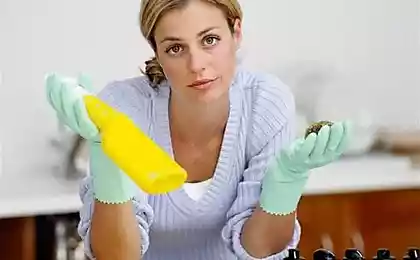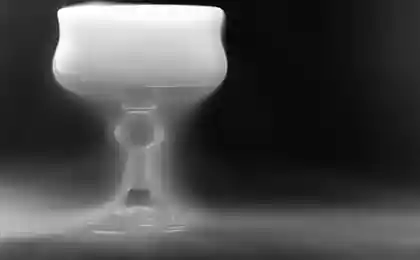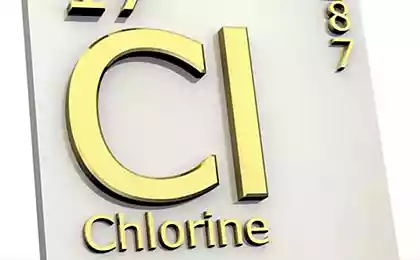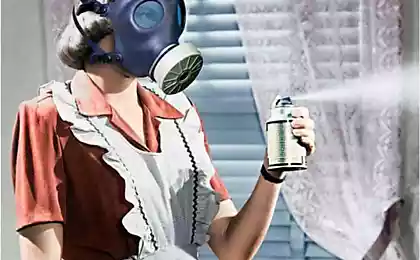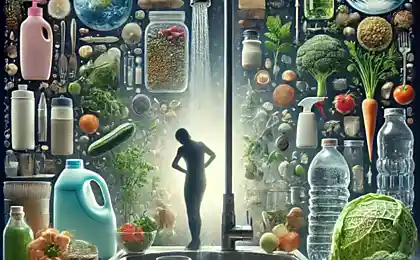149
Antimicrobial household products – harm or benefit?
Opinion about the benefits and harms of antimicrobial substances, widely used in modern life, is different. University of Arizona professor Rolf Halden gathered the evidence he presented in his paper.
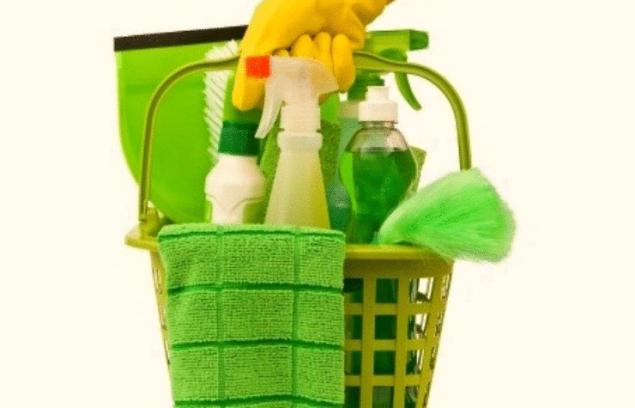
Antibacterial supplements, triclosan (TCS) and triclocarban (TCC) are widely used not only in soap and toothpaste. Introduced to the market in the middle of the last century, TCC and TCS can now be found in detergents, clothing, plastics, school supplies and baby nipples. There are more than 2,000 antimicrobial products. Holden says consumers use antimicrobials in soap, for example, in too short a period of time, 6 seconds on average. This use model negates any potential health benefits, but allows TCC and TCS to pollute the environment and nature for generations to come. Using modern technology and detection techniques, Holden found the following evidence:
TCC and TCS are the most common chemicals in wastewater treatment plant sludge (60 percent of the weight of all drugs found in wastewater sludge).
TCC and TCS do not break down for a long time and persisted for more than 50 years in sediments.
TCC and TCS contaminate lakes and rivers, with lifelong effects on aquatic organisms, with endocrine disorders and immunotoxic effects.
Approximately 310,000 pounds/year of TCC and 125,000 pounds/year of TCC accidentally end up on agricultural land in the U.S. as a result of wastewater sludge disposal, presenting an opportunity for food contamination with antimicrobials and drug-resistant microbes;

Traces of toxic dioxins are present during the burning of silt and are transferred to blow. And these are just environmental consequences. Among the risks to human health are the development of resistant infections and changes in hormone levels in developing children, which can lead to early puberty. The Centers for Disease Control and Prevention (CDC) found chemicals in the urine of three-quarters of Americans, and 97 percent of American women tested in breast milk. Holden notes that the emergence of a “green” antimicrobial drug with low toxicity, rapidly decomposing, can change the situation. Only such pharmaceuticals can provide important benefits to people and the planet.
published
Source: nauka24news.ru/

Antibacterial supplements, triclosan (TCS) and triclocarban (TCC) are widely used not only in soap and toothpaste. Introduced to the market in the middle of the last century, TCC and TCS can now be found in detergents, clothing, plastics, school supplies and baby nipples. There are more than 2,000 antimicrobial products. Holden says consumers use antimicrobials in soap, for example, in too short a period of time, 6 seconds on average. This use model negates any potential health benefits, but allows TCC and TCS to pollute the environment and nature for generations to come. Using modern technology and detection techniques, Holden found the following evidence:
TCC and TCS are the most common chemicals in wastewater treatment plant sludge (60 percent of the weight of all drugs found in wastewater sludge).
TCC and TCS do not break down for a long time and persisted for more than 50 years in sediments.
TCC and TCS contaminate lakes and rivers, with lifelong effects on aquatic organisms, with endocrine disorders and immunotoxic effects.
Approximately 310,000 pounds/year of TCC and 125,000 pounds/year of TCC accidentally end up on agricultural land in the U.S. as a result of wastewater sludge disposal, presenting an opportunity for food contamination with antimicrobials and drug-resistant microbes;

Traces of toxic dioxins are present during the burning of silt and are transferred to blow. And these are just environmental consequences. Among the risks to human health are the development of resistant infections and changes in hormone levels in developing children, which can lead to early puberty. The Centers for Disease Control and Prevention (CDC) found chemicals in the urine of three-quarters of Americans, and 97 percent of American women tested in breast milk. Holden notes that the emergence of a “green” antimicrobial drug with low toxicity, rapidly decomposing, can change the situation. Only such pharmaceuticals can provide important benefits to people and the planet.
published
Source: nauka24news.ru/
